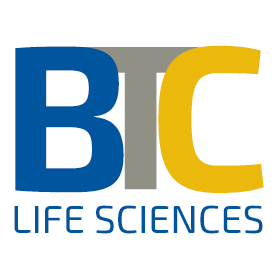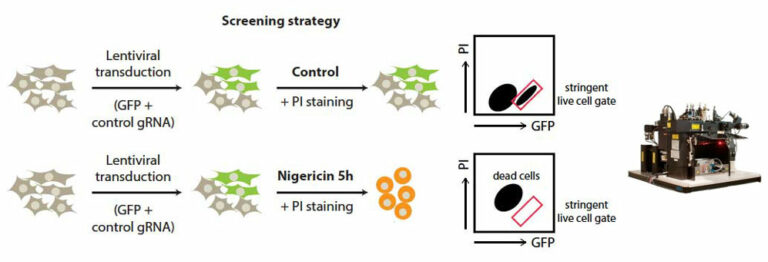Researchers decode new antibiotic
Cooperation between the University of Bonn, the USA and the Netherlands cracks the mode of action of clovibactin
More and more bacterial pathogens are developing resistance. There is an increasing risk that common drugs will no longer be effective against infectious diseases. That is why scientists around the world are searching for new effective substances. Researchers from the University of Bonn, the German Center for Infection Research (DZIF), Utrecht University (Netherlands), Northeastern University in Boston (USA) and the company NovoBiotic Pharmaceuticals in Cambridge (USA) now have discovered and deciphered the mode of action of a new antibiotic. Clovibactin is derived from a soil bacterium. This antibiotic is highly effective at attacking the cell wall of bacteria, including many multi-resistant “superbugs.” The results have now been published in the renowned journal “Cell.”
“We urgently need new antibiotics to stay ahead in the race against bacteria that have become resistant,” says Prof. Dr. Tanja Schneider of the Institute for Pharmaceutical Microbiology at the University of Bonn and the University Hospital Bonn. She adds that in recent decades, not many new substances to combat bacterial pathogens have come onto the market. “Clovibactin is novel compared to current antibiotics in use,” says the co-spokesperson of the Transregional Collaborative Research Center “Antibiotic CellMAP,” who is also a member of the Transdisciplinary Research Area “Life & Health” and the Cluster of Excellence “ImmunoSensation2.” The Institute for Pharmaceutical Microbiology, together with the German Center for Infection Research, specializes in deciphering the mode of action of antibiotic candidates.
The soil bacterium Eleftheria terrae subspecies carolina carries its place of origin in its name: It was isolated from a soil sample in the US state of North Carolina and produces the new antibiotic compound clovibactin to protect itself from competing bacteria. “The new antibiotic simultaneously attacks the bacterial cell wall at several sites by blocking essential building blocks,” explains Tanja Schneider. It specifically binds to these building blocks with unusual intensity and kills the bacteria by destroying their cell envelope.
Research groups from different disciplines and countries worked together to unravel exactly how this works. The team led by Prof. Kim Lewis of the Antimicrobial Discovery Center at Northeastern University in Boston (USA) and the company NovoBiotic Pharmaceuticals in Cambridge (USA) discovered clovibactin using the iCHip device. This allows bacteria to be grown in the laboratory that were previously considered unculturable and were not available for the development of new antibiotics.
“Our discovery of this exciting new antibiotic further validates the iCHip culturing technology for finding new therapeutic compounds from previously uncultivated microorganisms,” says Dallas Hughes, Ph.D., president of NovoBiotic Pharmaceuticals, LLC. The company has demonstrated that clovibactin has very good activity against a broad spectrum of bacterial pathogens and has successfully treated mice in preclinical studies. […]
Participating Core Facilities: The authors acknowledge the support from the Analytical Proteomics Core Facility.
Participating institutions and funding:
In addition to the Institute for Pharmaceutical Microbiology and the Clausius Institute for Physical and Theoretical Chemistry at the University of Bonn, participants in this study included Utrecht University (Netherlands), NovoBiotic Pharmaceutical in Cambridge (USA), the Rijksuniversiteit Groningen (Netherlands), the University of Tübingen, the German Center for Infection Research, Tianjin Medical University (China), the Novartis Institutes for Biomedical Research in Cambridge (USA), the University of Florence (Italy), the Consorzio Interuniversitario Risonanze Magnetiche di Metallo Proteine in Sesto Fiorentino (Italy) and Northeastern University in Boston (USA). The German Center for Infection Research and the Transregional Collaborative Research Center “Antibiotic CellMAP” of the German Research Foundation funded the project on the Bonn and Tübingen side.
Publication: R. Shukla et al.: An antibiotic from an uncultured bacterium binds to an immutable target; Cell; DOI: https://doi.org/10.1016/j.cell.2023.07.038







